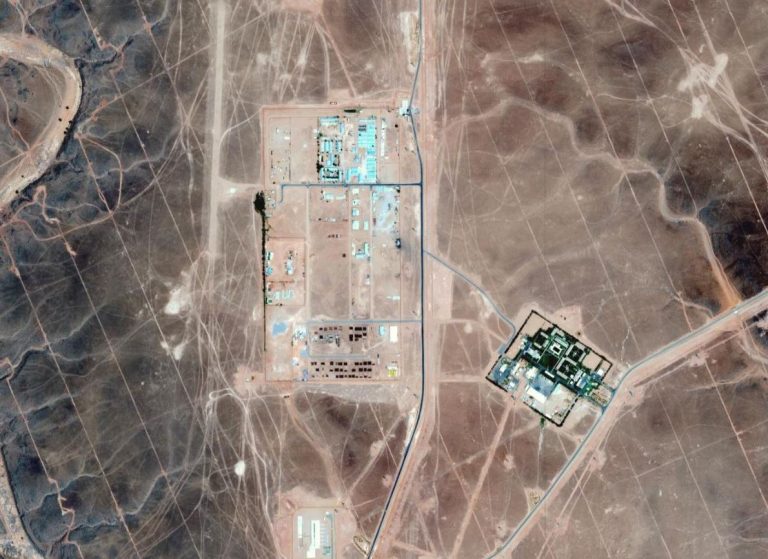Libya’s highest authority for financial oversight of public funds and accounting sought to enhance its ability to scrutinise accounts and assess the performance of all entities under its supervision by deepening its knowledge of the International Standards on Auditing (ISA) and the International Financial Reporting Standards (IFRS). To achieve this, the Bureau engaged Qabas to lead capacity-building initiatives for both standards—which constitute a global accounting language used in over 140 jurisdictions.
Needs Assessment and Gap Analysis
We began with a thorough needs assessment and gap analysis to identify the specific areas where the Libyan Auditing Bureau required enhancement. This initial step involved:
- Evaluating Current Practices: Assessing the existing auditing and financial reporting procedures to pinpoint deficiencies and areas for improvement.
- Stakeholder Interviews: Conducting interviews with key stakeholders within the Bureau to understand their challenges and expectations.
- Benchmarking: Comparing current practices with international best practices outlined by ISA and IFRS to identify gaps.
Customised Training Programmes
Based on the findings from the needs assessment, we developed tailored training programmes designed to address the specific needs of the Bureau’s staff. The training covered:
- ISA Training: Focusing on the principles and procedures of the International Standards on Auditing. This included risk assessment, audit planning, audit evidence, and reporting.
- IFRS Training: Concentrating on the application of the International Financial Reporting Standards. Topics included financial statement preparation, recognition and measurement of financial elements, and disclosure requirements.
Implementation and Knowledge Transfer
To ensure effective knowledge transfer, we implemented a series of workshops and practical sessions. These included:
- Workshops: Interactive sessions where participants engaged in discussions and case studies to deepen their understanding of ISA and IFRS.
- Practical Exercises: Hands-on activities that allowed participants to apply their learning in simulated real-world scenarios.
- Continuous Assessment: Regular assessments to gauge participant progress and reinforce learning outcomes.
Ongoing Support and Monitoring
Post-training support was critical to ensure the sustainability of the knowledge gained. In doing so, we provided:
- Resource Materials: All manuals and reference guides on ISA and IFRS for ongoing use by Bureau staff.
- Online Support: Access to online resources and forums for continuous learning and support.
- Follow-up Sessions: Periodic follow-up sessions to address any challenges faced by the staff and to provide additional guidance.
Stakeholder Engagement
We maintained clear and consistent communication with all stakeholders throughout the project. This involved:
- Regular Updates: Providing regular updates to the Bureau’s management on the progress of the training programmes and the implementation of new standards.
- Feedback Mechanisms: Establishing channels for participants to provide feedback on the training sessions, allowing for continuous improvement.
- Collaborative Approach: Working closely with the Bureau to ensure that the training objectives were aligned with their strategic goals and operational requirements.
Results
The capacity-building initiatives led by us resulted in significant improvements in the Bureau’s ability to conduct financial oversight and auditing. Key outcomes included:
- Enhanced Scrutiny: Improved capability to scrutinise and assess the performance of entities under the Bureau’s supervision.
- Standardised Practices: Adoption of ISA and IFRS, leading to more consistent and reliable financial reporting and auditing practices.
- Increased Confidence: Greater confidence among the Bureau’s staff in applying international standards, contributing to more effective oversight and governance.
- Sustainable Improvement: Ongoing access to resources and support ensured the long-term sustainability of the improvements made.
By successfully implementing ISA and IFRS, the Libyan Auditing Bureau not only enhanced its operational efficiency but also reinforced its commitment to international best practices in financial oversight and accounting. This strategic initiative has positioned the Bureau as a leading authority in the region, capable of meeting the highest standards of financial governance.



